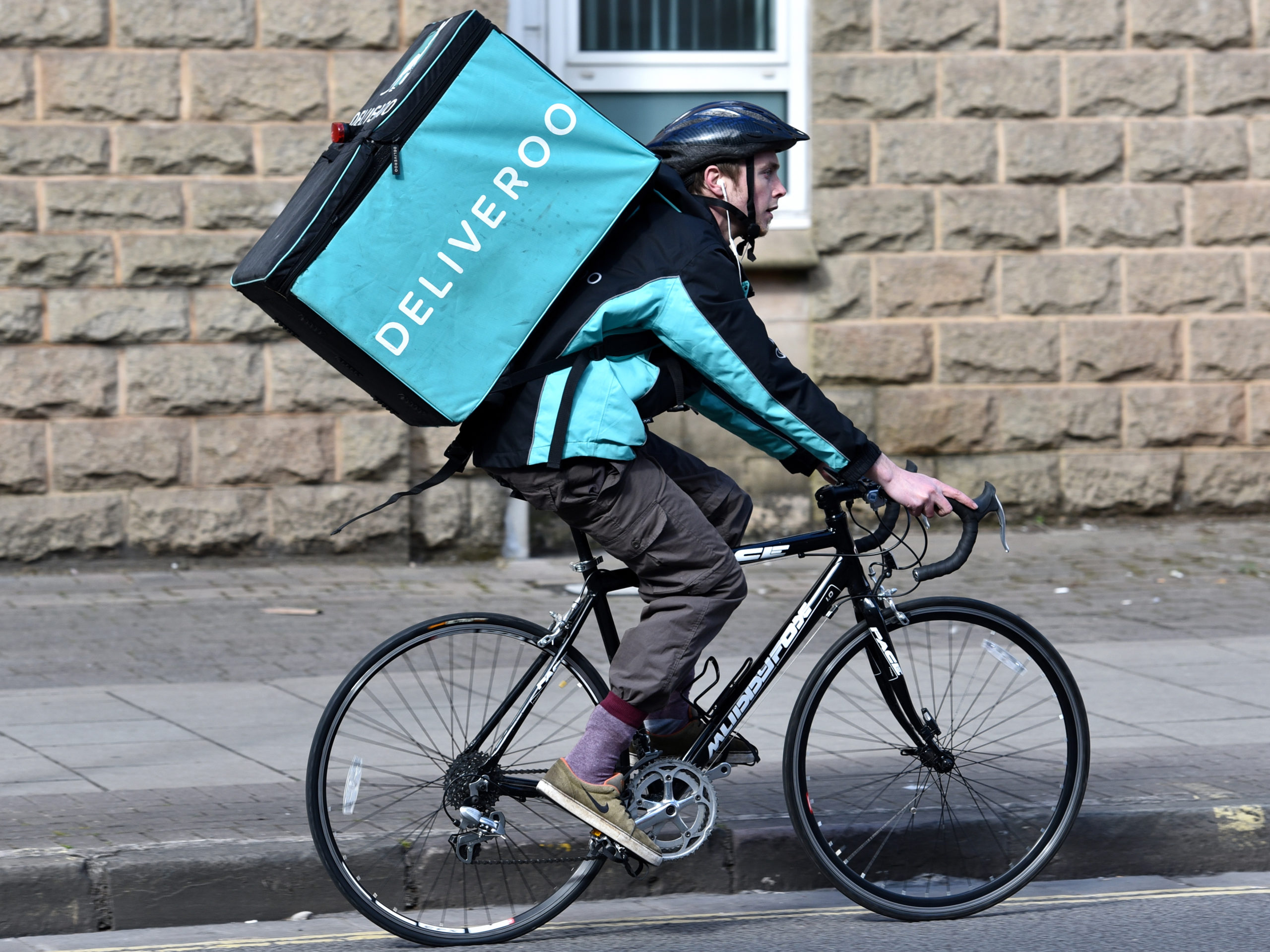Every investor and financial analyst worth their salt has by now slated Deliveroo. Some have slagged it off as the worst IPO ever for the UK markets. Others think it may have done irreparable damage to the UK technology IPO market. Many have taken to the keyboard brandishing hypotheses as broad as:
- The horsemen of ESG came for the stock due to the founder’s moves to limit governance through the different class shares and the tainted history of not treating the delivery workforce as “employees” (the whole Uber gig worker debacle)
- The company is more of a “nontechnology wolf” disguised as a “technology sheep” company as it simply does not offer a competitive moat nor does it boast a high quotient of Intellectual property
- The London technology sector is losing its shine
On the final point, I caught up with the co-founder of Market Invoice and founder of fast-growing Comply Advantage, Charlie Delingpole, who was quick to dismiss the claim that location and more specifically London had anything to do with it. Charlie was quick to point out that it was simply a bad deal, and one the markets did not want to swallow. Charlie no stranger to investment banking and a serial founder in the technology space said:
“Don’t price it too high. Double the price would have been enough.”
Unfortunately for the team at Deliveroo, the offer price at 390p was a little over 6 times last year’s revenues. Comparable multiples for other tech companies were lower. There was simply not enough appetite at that price point.
As one of the many Deliveroo customers who signed up for an allotment via the Deliveroo app (facilitated by the good people at PrimaryBid), I sat helpless and unable to trade the allotment which took a beating on the opening day of trading. The reality is I wasn’t planning on day trading it anyway, hence was not phased by the downturn on day 1, our shares would only be tradeable past the coming Wednesday. I remain hopeful that Will Shu and his team, will be able to turn things around. While this is not investment advice, I thought I would share some of my thinking here.
- Deliveroo does have the technology, not necessarily the app (that’s far too simplistic a way of looking at it). But rather in i. Logistics software (this is the bet that Bridgepoint, the Private Equity owner of PRET, had made when they had backed its $275 million, Series E) ii. Robotic/Dark kitchens: I knew one senior engineer who had been hired a few years back in their attempt to automate kitchens (I still do not know how operational the automation is but assuming that this will in fact be more prevalent in the coming years and will have a significant impact on its cost base).
- Deliveries and self-driving autonomous vehicles are likely to be a future scenario that will see a significant impact on the driver cost base (I am assuming that regulators may limit the degree to which a company will be able to reduce its human workforce)
- Covid showed us how important it is to have infrastructure that can keep the world moving and Deliveroo is not a one-trick pony limited to food deliveries but may have more important deliveries on its menu in the future (the e-commerce giant Amazon made a £575m investment during the Covid pandemic, amounting to a rescue of the business and has announced its entry into pharmacy products). It’s not a stretch of the imagination to see Deliveroo being leveraged more strategically by Amazon in the near future, after all the latter now has a board seat.
- There is a long way to go when it comes to international expansion and growth post-Covid
What remains true, is that Deliveroo advisors did make a terrible pricing boo-boo. Pricing at the low end of a high range for a business that did not seem to curry the favour of analysts and was getting shot down by some of the large institutional investors like L&G proved to be a blow that materialised in a very bloody first day for the stock. Keep an eye on what happens next as some technology companies in similar positions with weak P&L statements (Deliveroo was a loss-making – see Page 4 of its prospectus, the income statement, high growth business), may take off for SPAC shores abroad like Alex Chesterman’s Cazoo. Will and the team need to stay off the Financial Times pages and focus on building a profitable business and one that can take a few shocks to the system and still come out fighting. The long and the short of it is that London does need more profitable companies with resilient business models in technology to IPO.



